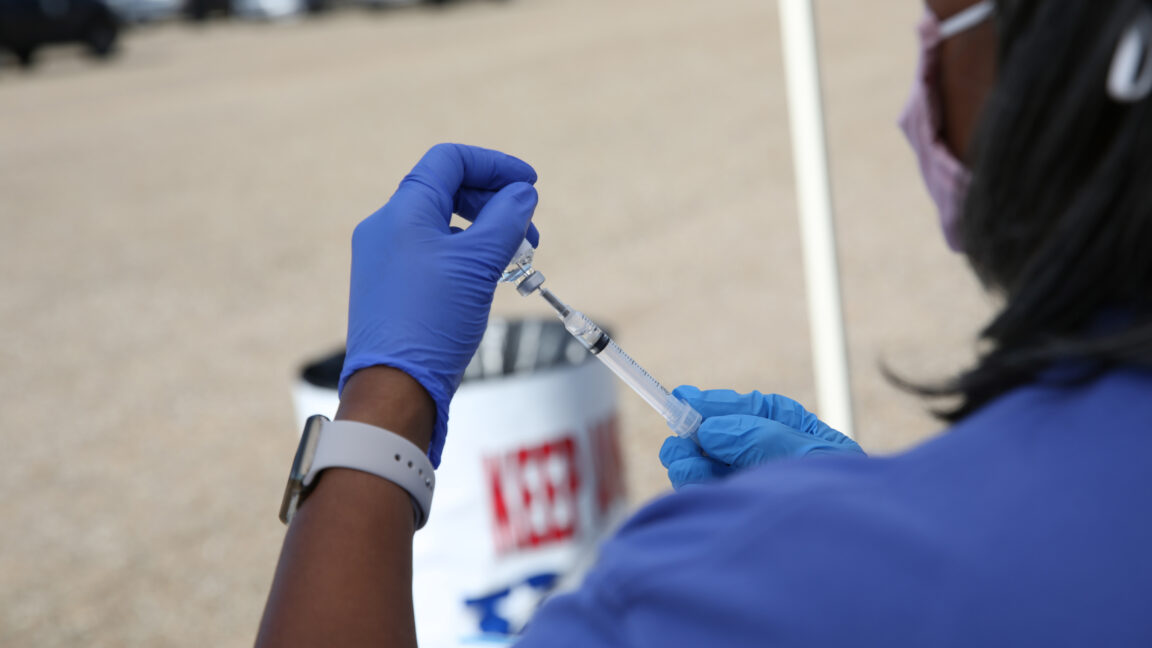Anti-Aging: Are NAD+ Drips the Secret? Doctors Explain

Humans have been trying to look younger since records began, and the newest fad on the market might actually work—or might not—according to doctors.
Nicotinamide adenine dinucleotide, otherwise known as NAD+, is a substance found in all cells in the human body and helps them function well. It is important for the regulation of metabolism, repair of DNA and production of energy. But NAD+ levels decline as we get older, and many believe this is linked to the aging process.
NAD+ activates a group of enzymes called sirtuins, which help with cell repair, regulating inflammation and stress resistance. When these processes become less efficient—as in the aging process—there is a higher risk of certain chronic diseases, such as dementia, heart disease and diabetes.
Now, the wellness scene has taken a shine to supplemental NAD+ as an anti-aging treatment, via pills or intravenous drips—as taken, for example, by Hailey Bieber and Kendall Jenner on an episode of The Kardashians.
But experts are divided on whether this treatment is effective or advisable.










